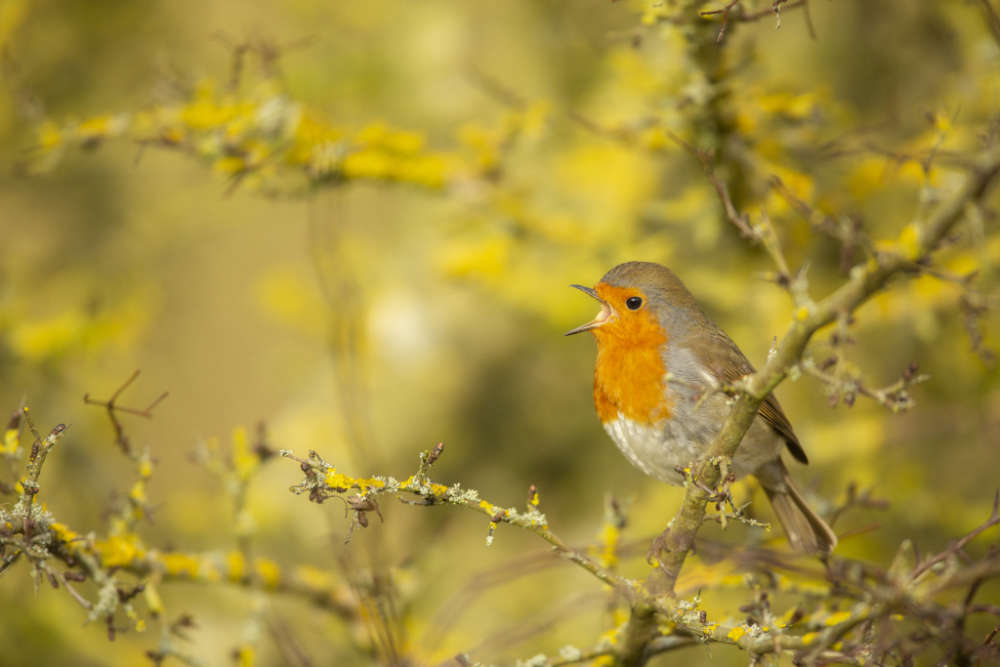
The RSPB in Cheshire are encouraging people to show themselves some love and care this Valentine’s Day by reconnecting with their local wildlife and greenspaces.
Morwenna Alldis, spokesperson for the RSPB describes:
“Last year many of us probably missed out on our Valentine’s hearts and flowers because it was difficult to spend time with the people we love and care for during lockdown. Relationships of all forms - friends, family, partners and even with ourselves, have really been challenged. So, this February the RSPB are encouraging everyone in Cheshire to let nature be their Valentine – because we think by taking some time to reconnect with nature, you can help your physical and mental wellbeing and show yourself some much-needed love too.”
Here are three ways in which nature will win your heart this February:
- A walk hand-in-hand
Winter’s cold can make us want to hibernate under a blanket with our favourite boxset or a good book. But February brings the promise of spring and beckons us to shed some layers and explore local parks and nature reserves, such as RSPB Burton Mere Wetlands right here in Cheshire.
How many first signs of new life can you find? Look out for drifts of snowdrops, the first yellow flashes of primroses, and hazel catkins, which are the male flower of the tree. With a shift to home working, gifting yourself just 20 minutes away from the kitchen table office to loop around the block and investigate the nature on your doorstep can give you the physical and mental breath of fresh air that you deserve.
Find your nearest RSPB nature reserve, here:
A Valentine’s Day in nature isn’t just for couples: families can also enjoy coming together to have fun with the RSPB’s Wild Challenge. Who will shout “Springo-Bingo” first when taking the Signs of Spring adventure?
- Sweet serenade
Since medieval times, folklore has suggested that Valentine’s Day is the date when birds start to sing and attract a mate. By the end of February, the volume is amplified in the bird world as they start to defend their territories and pair up. Listening to birdsong can be incredibly uplifting, it can cut through the noise in our heads and ground us in a special connection with nature. It’s a chance to pause, take a deep breath, and savour a moment just for you.
Listen out for:
- Robin - gurgles and trickles, with a watery feel
- Great tit – sounds like ‘teacher teacher teacher’, see-sawing between two notes of the same pitch
- Chaffinch - 10 notes dropping down the scale and finishing with a theatrical flourish
- Song thrush – Loud and confident, with a ‘repeat and move on’ structure that is so different from any other common bird
Because the trees are bare at this time of year it’s easier to identify the different songsters, so it’s a great opportunity to start learning birdsong. Check out the RSPB’s birdsong identifier here, or pick up a copy of the RSPB’s Guide to Birdsong book and CD online here or at a nature reserve shop near you.
- A cosy home for two
After nature has put all this effort into wooing you – long walks, live music, even flowers, show some green love in return and make a little space for nature in your heart and home by installing a nestbox.
National Nestbox Weeks runs from 14-21 February and it’s a fantastic way to help your garden birds as they gear up for a busy breeding season in March. A rough idea of which species visit your patch is useful, as different birds need different types of holes in their nestboxes. You don’t need a lot of outdoor space or even a garden, just the right positioning and clear flight paths to the nestbox. To find out more and to make your own nestbox, a fun activity to do with friends and family, visit here. Or take a look at our ready to go nestboxes online, or pick up one from your nearest RSPB shop.
Morwenna continues: “Happy Valentine’s Day from the RSPB. We hope this is the start of a beautiful relationship between yourself and nature, which lasts a lifetime.”
About RSPB Burton Mere Wetlands is the gateway to the RSPB Dee Estuary nature reserve:
From the comfort of the visitor centre, visitors can see nesting avocets and lapwings in the spring and huge flocks of ducks, geese and swans in winter. Water voles and badgers are resident here, whilst the summer months are alive with flickering colours from the countless dragonflies and butterflies.
rspb.org.uk/burtonmerewetlands
RSPB Burton Mere Wetlands, Puddington Lane, Burton, Cheshire, CH64 5SF. The reserve is open every day except Christmas Day, 9am to dusk (up to 9pm in summer). Our visitor centre is open 9.30am-5pm (4.30pm from November to January).
Four miles up the road at RSPB Parkgate, the vast saltmarsh provides an internationally important home for thousands of wading birds and wildfowl. One of the biggest draws are the birds of prey and owls; hen harriers, peregrine falcons and short-eared owls are amongst the most captivating winter visitors. During exceptionally high spring tides, the saltmarsh becomes flooded and the resident harvest mice, field voles and other small mammals can be seen fleeing the rising water.
Like us on Facebook: @RSPBBurtonMere
Follow us on Twitter: @RSPB_BurtonMere
About the RSPB
The RSPB is the UK’s largest nature conservation charity, inspiring everyone to give nature a home. Together with our partners, we protect threatened birds and wildlife so our towns, coast and countryside will teem with life once again. We play a leading role in BirdLife International, a worldwide partnership of nature conservation organisations.
Pictured - An adult male robin singing by Ben Andrew (credit - rspb-images.com)

 Blues Match Preview: Hereford v Chester FC
Blues Match Preview: Hereford v Chester FC
 Ten arrested for drugs offences following warrants in Chester
Ten arrested for drugs offences following warrants in Chester
 Ten arrested for drugs offences following warrants in Chester
Ten arrested for drugs offences following warrants in Chester
 Suspended prison sentence and indefinite ban for Cheshire man who abused his dog
Suspended prison sentence and indefinite ban for Cheshire man who abused his dog
 Recovered Stolen Items
Recovered Stolen Items
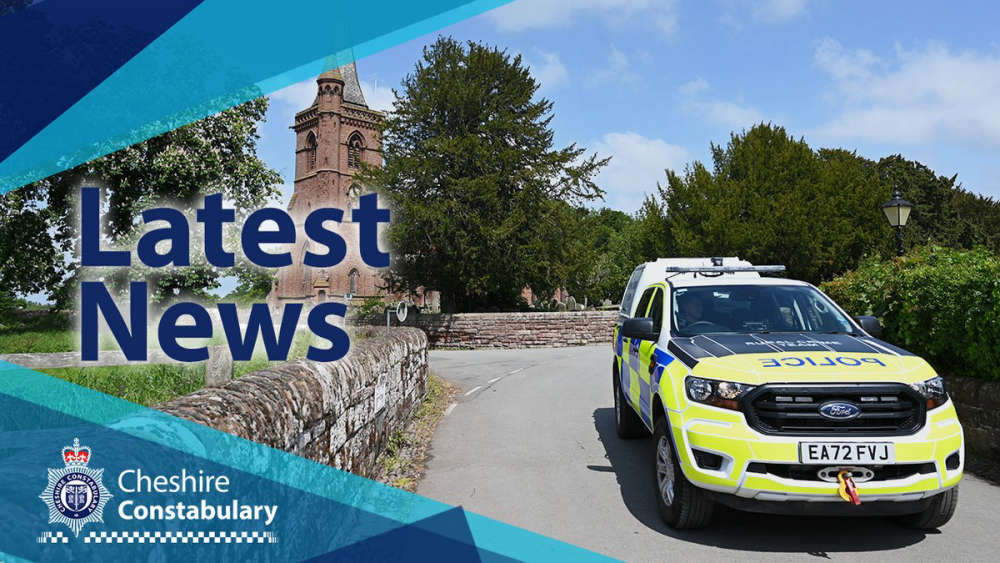 Man charged in relation to courier fraud
Man charged in relation to courier fraud
 Police to target criminal use of Cheshire’s roads
Police to target criminal use of Cheshire’s roads
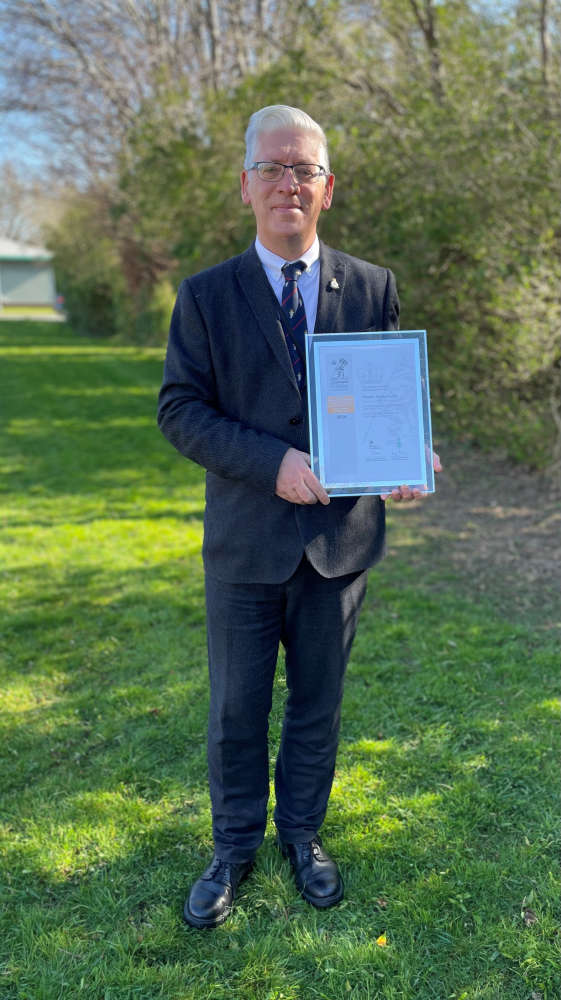 Council awarded Gold Armed Forces Award
Council awarded Gold Armed Forces Award
 Appeal for footage and witnesses following collision in Delamere
Appeal for footage and witnesses following collision in Delamere
 Appeal for information following serious collision in Chester
Appeal for information following serious collision in Chester
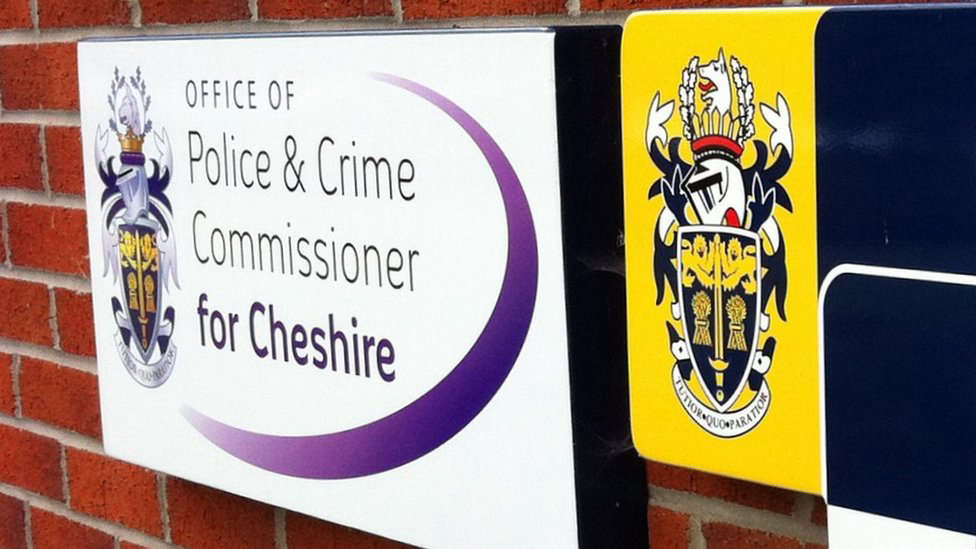 Your chance to get involved in police scrutiny meetings
Your chance to get involved in police scrutiny meetings
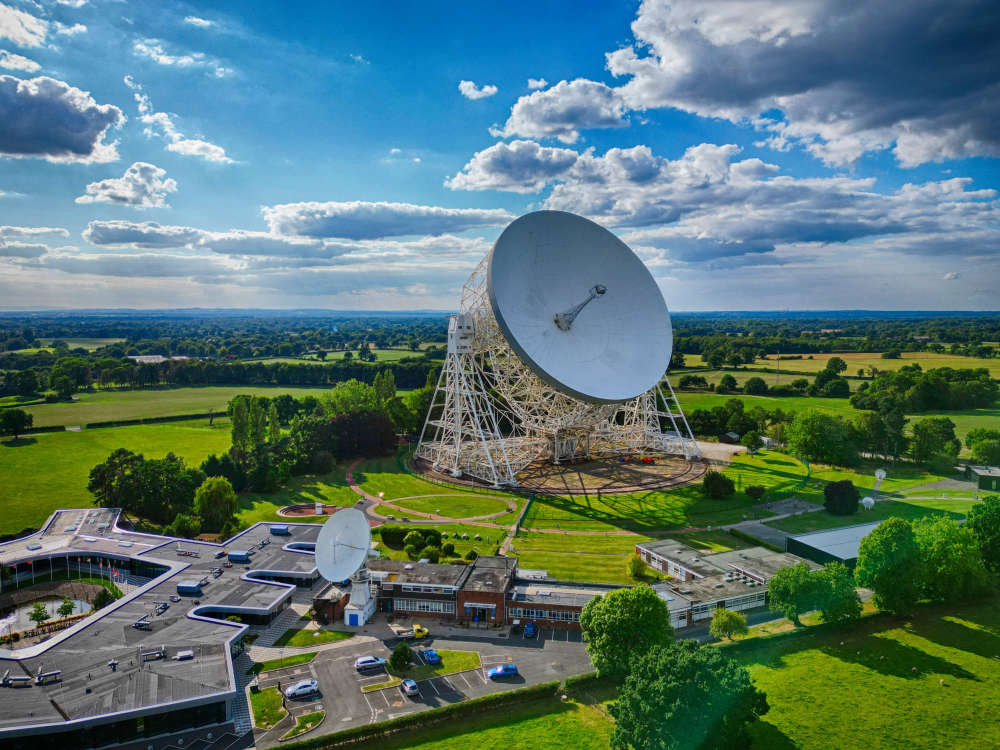 New Events at Jodrell Bank
New Events at Jodrell Bank
 Inspiring Futures at The Queen’s School
Inspiring Futures at The Queen’s School
 Bowmere Hospital celebrates 20 years of mental health care
Bowmere Hospital celebrates 20 years of mental health care
 Man charged with burglary and drug offences following Chester police stop check
Man charged with burglary and drug offences following Chester police stop check
 Vicars Cross Road closed following collision in Chester
Vicars Cross Road closed following collision in Chester
 Man jailed for controlling and coercive behaviour and assault
Man jailed for controlling and coercive behaviour and assault
 Plan unveiled to transform and improve emergency care at Countess of Chester Hospital
Plan unveiled to transform and improve emergency care at Countess of Chester Hospital
 Chester & Wirral Football League - Weekend Round Up
Chester & Wirral Football League - Weekend Round Up
Comments
Add a comment